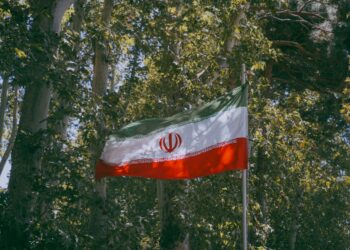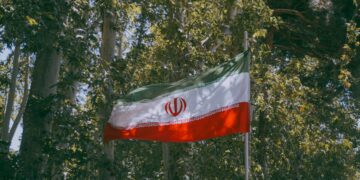As part of the Presidential Power Initiative (PPI), the Federal Government of Nigeria has announced an investment of $800m aimed at constructing substations and distribution networks.
The purpose of the investment is to improve the electricity distribution infrastructure in the country, and it will be split into two lots: $400m for Lot 2, which covers areas under Benin, Port Harcourt, and Enugu Distribution Companies (DISCOs) franchises; while Lot 3, with another $400m, will cover Abuja, Kaduna, Jos, and Kano DISCOs.

According to Minister Adebayo Adelabu of Power, who expressed his faith in this investment as a way to address challenges faced by the power sector, including poor transmission lines and distribution systems that deteriorate daily. He also remarked that more than 59% of Nigeria’s industries are off-grid because they cannot rely on the national grid, hence they have to generate their own power independently using captives.
The Minister specifically said that the government was dedicated to reconstructing the electricity industry, while also noting some achievements, among them producing 5,170 megawatts of electricity, a record reached within the first year of the administration. By combining hydroelectric plants with gas-powered ones, Adelabu felt it would make it possible to achieve a target of 6,000 megawatts by the close of this year. Furthermore, he announced plans for building 30 gigawatts of power by 2030, 30% of which would come from renewable sources such as hydroelectricity, solar, and wind farms.
Additionally, Adelabu stressed the need to construct both western and eastern supergrids as a means towards realizing the envisaged vision for the electricity sector, while disclosing that 90% of the approvals needed are already secured. In line with these plans, Huang Hanjie, President of TBEA, assured continued support for Nigeria’s government vision in this sector, pointing out that TBEA has provided energy solutions in more than a hundred countries.

















